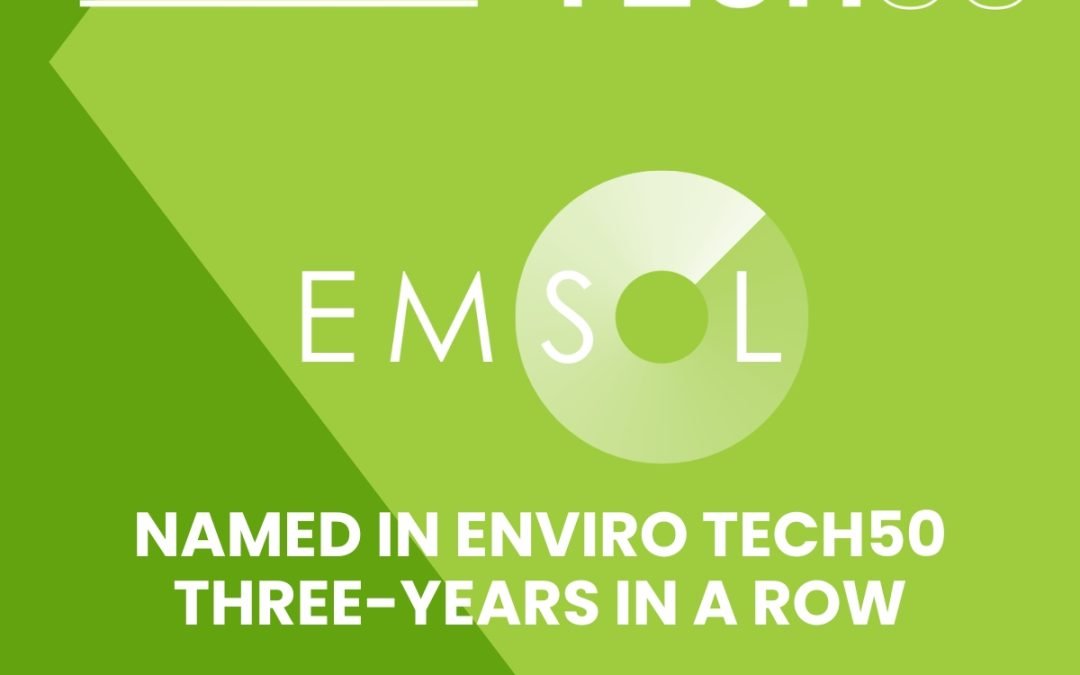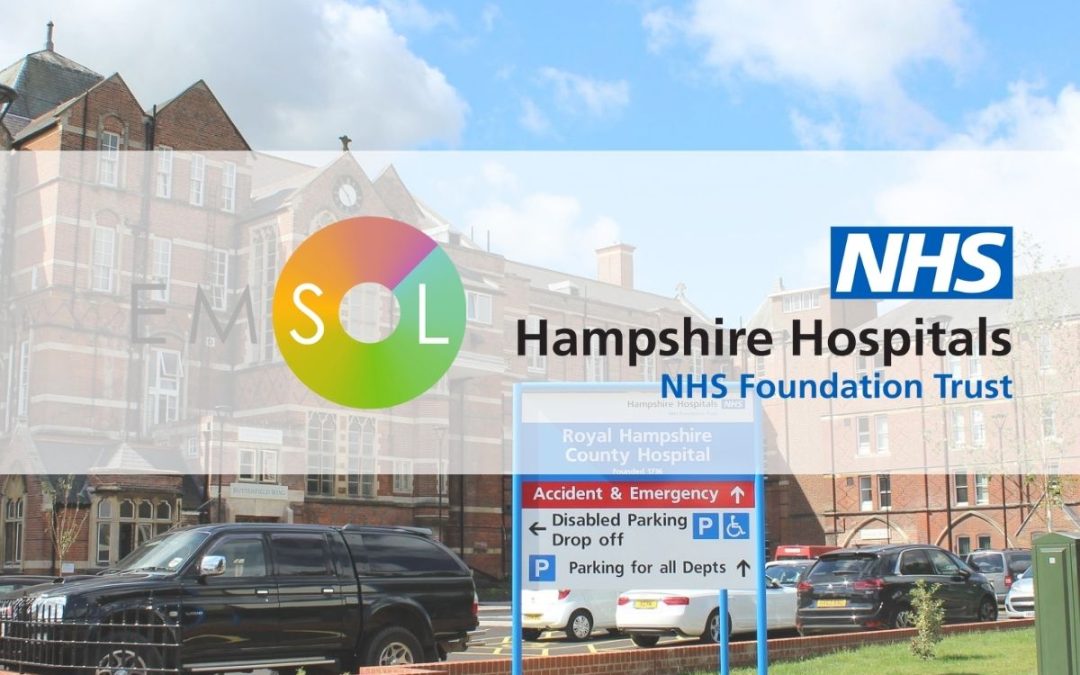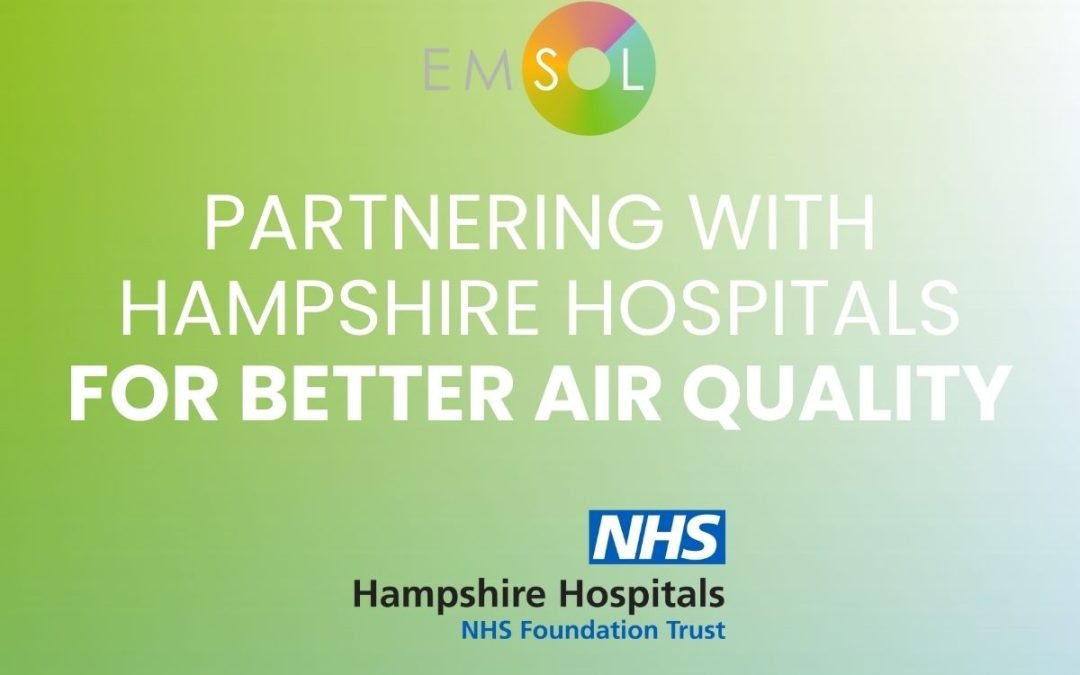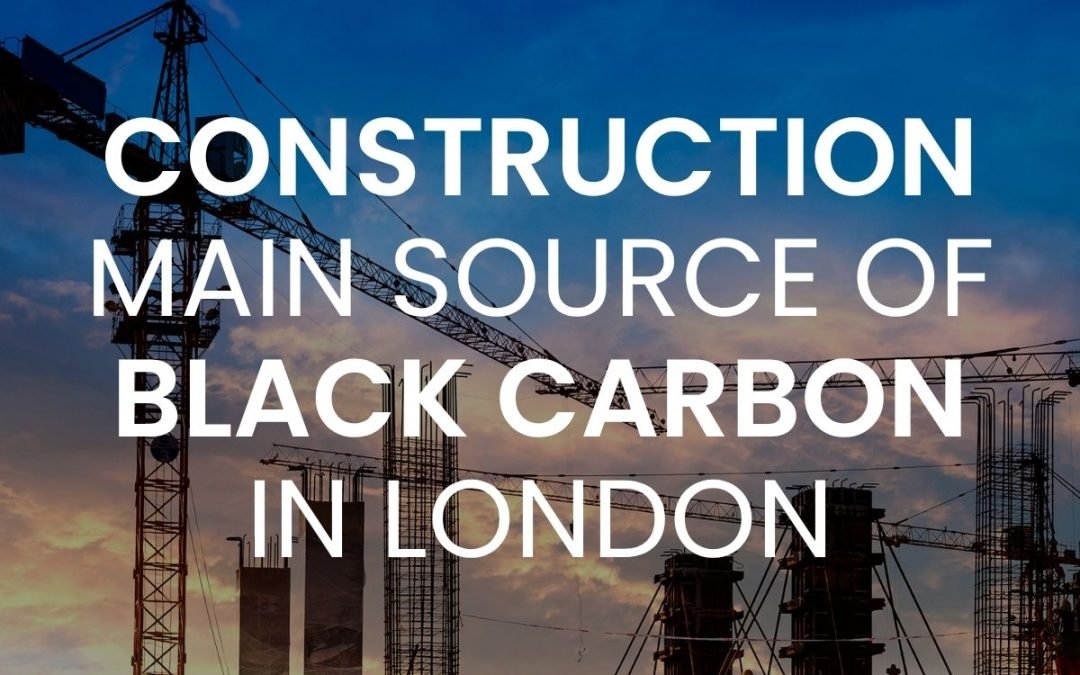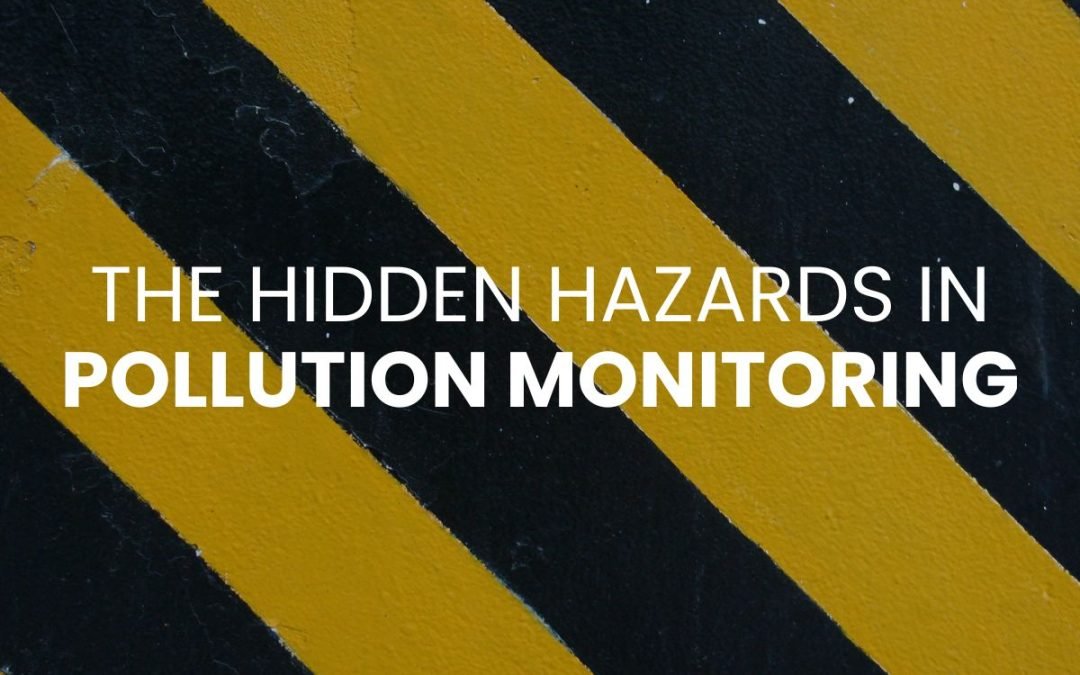Outrage. That’s what we feel when we see raw sewage pumped into our rivers and seas. Disgust at the contamination of our waterways and beaches. Anger at the water companies and government for shirking their responsibilities. And a deep sense of injustice, because we know this pollution harms both people and the planet.
But where is the outrage for the air we breathe?
The recent sewage pollution crisis has rightfully sparked widespread public condemnation in the UK. The sheer volume of untreated waste being discharged into our ecosystems is not just revolting, it’s a serious public health hazard. Exposure to sewage-contaminated water can cause acute illnesses like gastroenteritis, as well as long-term conditions and even permanent disability in severe cases.
However, while sewage spills have captured headlines, there is another pollution crisis that is just as pervasive and pernicious, yet often flies under the radar – poor air quality. Every single day, millions of people in the UK are inhaling toxic fumes and particulate matter, mainly from transport emissions. The health impacts may be less immediately obvious than swallowing sewage-tainted seawater, but they are no less devastating.

The hidden toll of air pollution
Breathing polluted air has dire consequences for our health. It is linked to a host of chronic diseases, including asthma, lung cancer, heart disease, stroke, and even dementia. These conditions cause immense human suffering and place a huge strain on our healthcare system.
The statistics are sobering. Public Health England estimates that long-term exposure to air pollution causes up to 36,000 deaths annually in England alone. To put that in perspective, that’s equivalent to the population of a town like Llanelli in Wales or Exmouth in Devon being wiped out every single year.
The economic burden is also staggering. The health costs of air pollution in England are estimated to exceed £20 billion annually. That figure only accounts for direct NHS and social care costs – it does not even begin to factor in wider economic impacts like lost working days and reduced productivity due to ill health.
While these numbers are alarming, we must remember that behind every statistic is a human story – a grandparent struggling for breath, a child missing school due to another asthma attack, a family devastated by a premature death. Air pollution blights countless lives, yet it remains a silent killer, slowly eroding our health and wellbeing without the visceral punch of a sewage spill.
EMSOL’s work with NHS Trusts
At EMSOL, we work closely with NHS Trusts grappling with the air pollution crisis. They acutely understand that dirty air directly undermines their core mission of promoting and protecting health. It’s a bitter irony that the very institutions dedicated to healing the sick are often located in pollution hotspots, with one in three GP surgeries and one in four hospitals in England situated in areas exceeding WHO air quality limits.
However, some pioneering NHS Trusts are taking proactive steps to be part of the solution. By partnering with EMSOL, they are using our advanced monitoring technology to measure and control emissions from their operations and supply chains. Our smart sensors and camera tracking tech provides real-time, granular data on pollutants like NO2 and PM2.5, pinpointing specific pollution sources on hospital estates – whether that’s delivery vehicles idling or congested car parks.
Armed with this intelligence, NHS sustainability teams can take targeted actions to cut emissions at source, from large projects like electrifying hospital transport or small quick wins like working with suppliers to clean up their fleets. By embedding air quality action into daily operations, these NHS pioneers are not just safeguarding patient, staff and visitor health, but also establishing best practices that can inspire other sectors. Their leadership shows that proactively tackling pollution is both necessary and achievable.

The need for national outrage and action
However, the NHS cannot solve this crisis alone. Just like with the sewage scandal, we urgently need national outrage over illegal and unethical levels of air pollution. Public anger must fuel political pressure for transformative action.
Policy and regulatory failures have allowed our air to remain dangerously dirty for far too long. We need to see the same level of public fury directed at negligent transport and industrial polluters as we rightly saw aimed at water companies over sewage dumps. Tighter air quality standards, stricter enforcement of emissions regulations, and investment in cleaner technologies and infrastructure should be front-page news and ballot box issues.
Time is not on our side. Every day of delay and half-measures condemns more people to preventable illness and suffering. Inaction makes a mockery of the sacrosanct principle that every citizen has the right to a clean and healthy environment. The solutions to track pollution are already available as are the methods to reduce it. What’s missing is the political willpower to implement them with the speed and at the scale this emergency demands.
Ending thoughts
Sewage spills and toxic air are two sides of the same pollution coin – visible and invisible crises poisoning the very foundations of public health and wellbeing. Both deserve our outrage, and both demand urgent and unwavering action.
So let’s channel our righteous anger at filthy water into equally fierce determination to detoxify our air. Whether you’re a concerned citizen, a business, or a policymaker, now is the time to treat air pollution as the public health emergency it is. That means demanding accountability from polluters, supporting organisations like EMSOL and our NHS partners fighting for change, and relentlessly pressuring the government to put public health first. It’s time to muster the collective courage and resolve to clean up our environment, come hell or dirty water. Our health, our children’s health, and the health of our planet demands nothing less.

